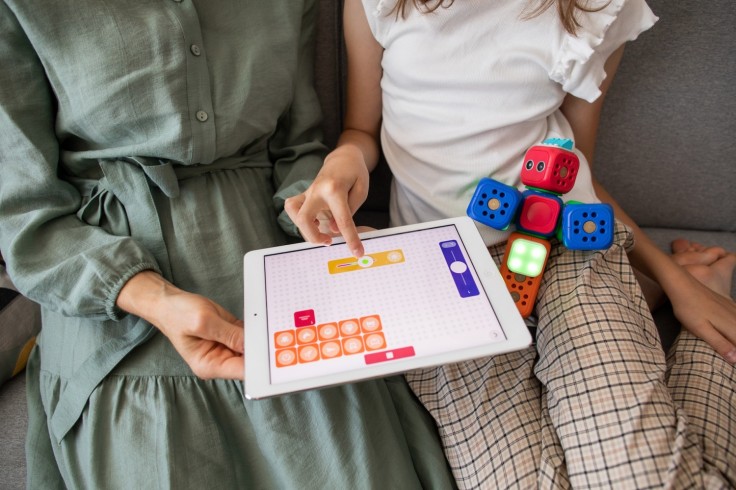Social media have come far since it started to populate the internet. These days kids are born with social media within their reach. Hence, big tech companies launched parental controls on their platforms to help parents and guardians monitor and limit the activity of their children within the platform.
Such controls give assurance to the parents that their kids will have a safe and age-appropriate experience while using various social media sites. However, some parents may not be familiar with parental controls and how they can be enabled. Here are some parental controls that might want to check out:

Read Also : 5 Apps Perfect for Social Media Detoxing
Age Restrictions
Most social media platforms require users to input their birth dates to verify if they are eligible to use the platform. Usually, people who are 13 years older are allowed to create an account but it can still vary from one app to another. Parents should be responsible for checking if their little ones are interested in creating an account and must check if the age requirement fits their child before allowing them to register.
Some cities have proposed to require parental permission as part of the requirement for children who want to create their own social media accounts. Moreover, some lawmakers are seeking to adjust the age restriction for social media to 18 years old and above only.
Privacy Settings
It is true that nothing is ever private with social media. Regardless, it is important that both parents and children learn how to limit other people's access to their online content. Just go to the account settings and set the privacy settings according to your preference. You can limit who can see your posts, friends list, and personal information.
Parents can also enable content filtering within the settings. This will automatically block or restrict the kids from accessing explicit images or hate speech on the platform. We cannot control what others post but we can always control what we can see on social media.
Social Media Etiquette
Parents should put it upon themselves to teach their kids social media etiquette. This includes the good old-fashioned "Do not talk to strangers" rule which applies heavily in the world of social media. Monitor who adds your children's account and teach them to ask permission before hitting the accept button.
Most importantly, nothing beats having a regular conversation with your child. Once they are at the age that can grasp the idea of social media, discuss the potential risks and responsibility that comes with owning a social media account. Hopefully, this will encourage them to have an open dialogue if something bothers them online.
Reporting Abuse
While some social media have added features that automatically ban hate speech, it is also better to teach children the value of reporting and blocking users who are engaging in bullying or harassment. Such inappropriate behavior should not be allowed anywhere but sometimes things can get too much heated online.
Time Limit
There are third-party apps that can be used to monitor and limit the screen time of your children when using an app. Using these apps will teach the kids to not spend excessive amounts of time on such platforms. Moreover, this will encourage them to get a life that kids should be doing like playing outside or interacting with friends face-to-face. In fact, a previous study showed that excessive screen time slows down the development of kids.
Monitoring apps are also good for providing information about who your child is talking to online, what they are posting, what they are liking, and more. These apps will help you watch out for your children's safety online without having to be by their side every time they use a gadget.









